
Chukat: Students of the Snake
Snakes, unlike other animals, bite for no reason. Their unjustified malicious behavior is symbolic of those who whine for no reason...

Parshat Chukat
For the past number of years a group of students and staff here at Yeshivat Neve Tzion have experienced the remnants of the glory of Polish Jewry. I'm not planning discussing the nature of this trip in this article. However, there is one aspect of our trip which I wanted to mention which is relevant to a fundamental concept in this week's Torah reading.
When traveling to Poland, one is struck by the vast difference between the physical comforts of life today as opposed to life for the Jews in Europe seventy years ago. Besides the concentration camps, the poverty and squalor of Polish and European Jewry is beyond our comprehension. After returning from this trip to Israel it takes a number of days to get acclimated to the realities of an affluent society (yes! even Israel). I and others on the trip should, in theory, remain appreciative of this blessing. Even so, it only takes a few days until the subtle and not-so-subtle feelings of discontent and lack return. Where does this come from and is there a way to counter our negative outlook and feelings?
Our parsha this week says, "The people journeyed from Mount Hor…and the spirit of the people grew short on the road. The people spoke against Hashem and Moses: 'Why did you bring us up from Egypt to die in this wilderness, for there is no food and no water, and our soul is disgusted with the insubstantial food'". It wasn't 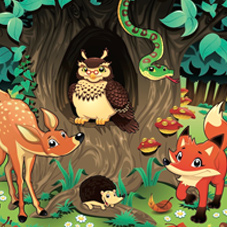 the first time the Jewish people complained and yet this time the response was swift and intense. "Hashem sent fiery serpents against the people and they bit the people." Later Moses is commanded to make a serpent and to place it on a pole. (This is the source of the famous image that can be seen in many pharmacies.) Anyone who was bit and looked at the Moses' serpent was healed and if not, the bites they received would do their damage.
the first time the Jewish people complained and yet this time the response was swift and intense. "Hashem sent fiery serpents against the people and they bit the people." Later Moses is commanded to make a serpent and to place it on a pole. (This is the source of the famous image that can be seen in many pharmacies.) Anyone who was bit and looked at the Moses' serpent was healed and if not, the bites they received would do their damage.
In all previous situations their remorse and repentance were sufficient to bring forgiveness, whereas in this story the snakes were brought immediately without before any rebuke could be given. Why? Also, why was the symbol of the Moses' snake essential to the process of healing and repentance?
The Talmud teaches us that the snake is different from all other animals in that it can bite without actually benefiting from the damage done. In the words of the Talmud, a lion kills its prey but then eats it, "justifying" its attack whereas the snake can randomly kill without partaking of its victim. The snake is the animal that symbolizes pointless damage.
The Jewish people complained about the food and the water even though they still had the manna from Heaven and a well with fresh water traveling with them. According to Rashi, they were complaining about their travels but they ended up criticizing something that was baseless. Much like the snake, their "biting" words against Hashem and Moses had no justification, as if they had become students of the snake.
So why did they complain? The Rebbe of Slonim, Rabbi Shalom Noach Berezovsky (1911-2000) teaches that their complaints were of a much broader nature. Their gripes took the form of complaining about lack of food and water but, in truth, they were upset about how Hashem was leading them. Their telltale words "Why did you take us up from Egypt….because there is no food and water…" showed their disapproval of their entire situation. Not to see Hashem's providence may not be a specific sin mentioned in the Torah, but our story makes it eminently clear that once the Divine wisdom is being challenged, then everything will become bitter.
Because of this shortcoming, the snake, the animal which bites without reason came to pay back the people that complained without reason, measure for measure. However, this error was subtle and the people might not have realized how serious it was. They might have fooled themselves into thinking that the real issue was the food and water.Therefore a special symbol, the serpent on the pole, needed to be created. Only by looking at the serpent would they understand the depth and severity of their words.
Today, in a generation of plenty, we can sometimes complain about the trivia of our lives. It's not easy to live the life of the righteous who rarely complain, however, we need to be honest with ourselves and the things that bother us. A trip to Poland has taught many of us that we have so, so much to be thankful for and that we are so, so prone to take it for granted. May we deeply feel and appreciate Hashem's loving providence and may the venom of complaining be substituted with words of thanks for His incredible blessings.






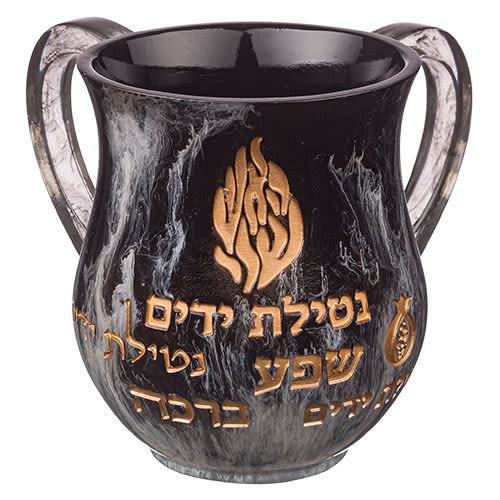
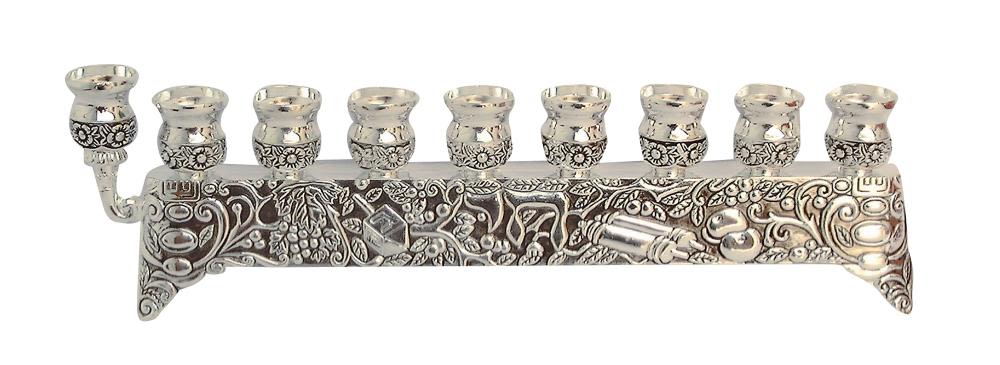
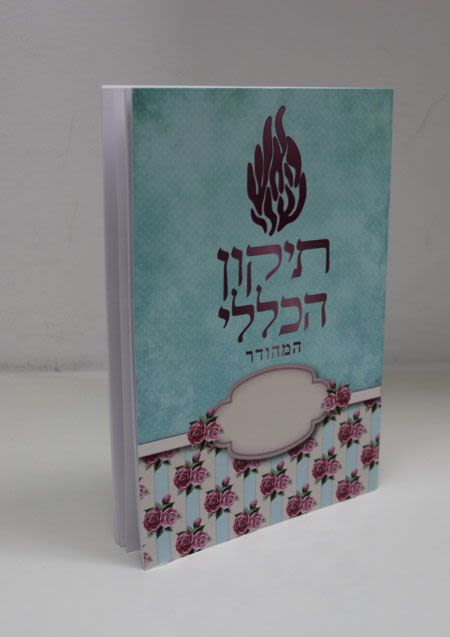
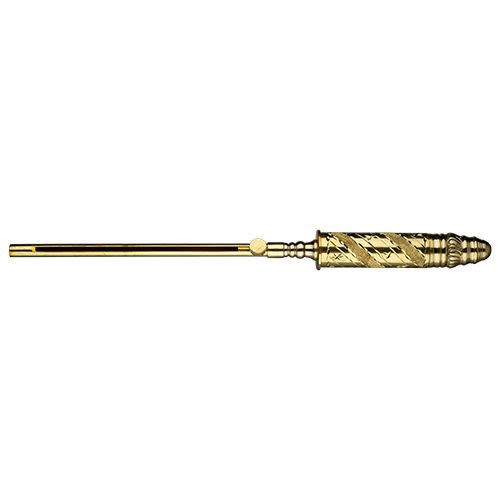
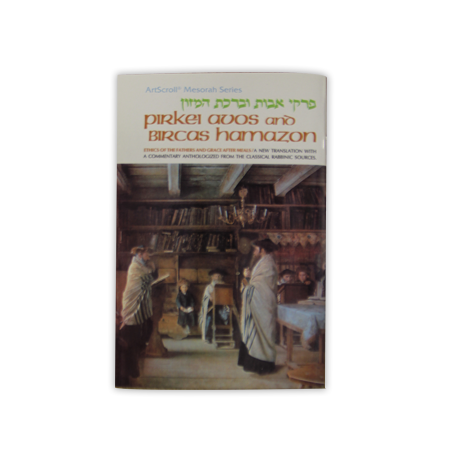
Tell us what you think!
Thank you for your comment!
It will be published after approval by the Editor.